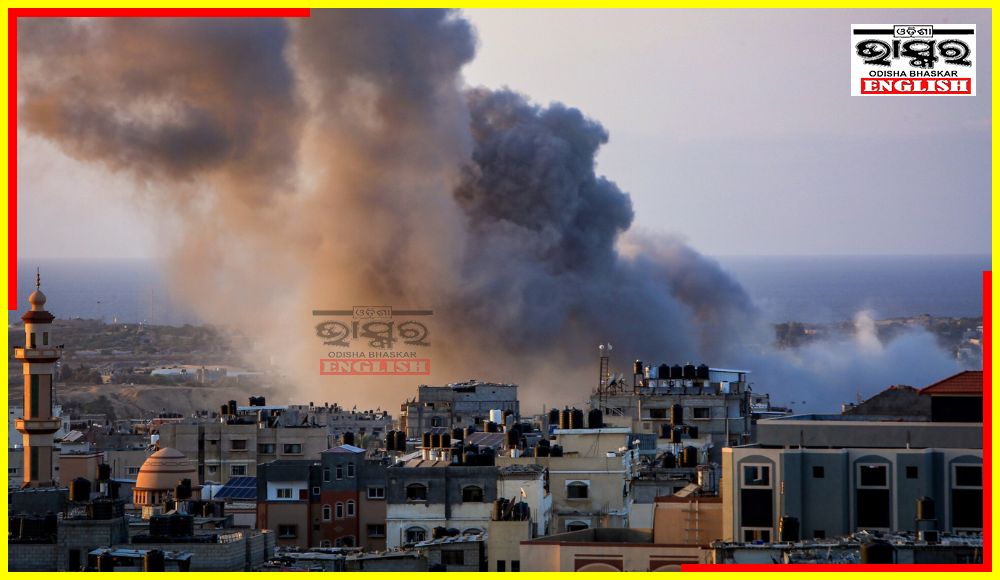Gaza: In the southern Gaza town of Khan Younis, heavy fighting persisted overnight and into Sunday as Israel continued its offensive following the US blocking international efforts to halt the conflict. Despite global calls for a cease-fire, the US supported the offensive by vetoing UN Security Council resolutions and facilitating a $100 million emergency sale of tank ammunition to Israel.
The international community has expressed outrage over the killing of thousands of Palestinian civilians and the displacement of nearly 85% of Gaza’s population. The US reaffirmed its unwavering support for Israel’s goal to crush Hamas’ military capabilities.
The conflict was triggered by an attack on southern Israel by Hamas and other Palestinian militants, resulting in a devastating air and ground war by Israel. Thousands of Palestinians, mostly civilians, have been killed, and 1.9 million people forced to flee their homes, leading to severe shortages of essential goods.
Israeli forces are facing resistance, even in northern Gaza, where neighbourhoods have been flattened. In Khan Younis, constant gunfire and explosions were reported as warplanes targeted the area.
Israel ordered the evacuation of the northern third of Gaza early in the war, but many remained, fearing the south would be equally unsafe. Recent videos and photos showed the detention of men in Gaza City, stripped and bound, as the Israeli military searches for remaining Hamas fighters.
With the conflict in its third month, the Palestinian death toll in Gaza has surpassed 17,700, predominantly women and children. Israel attributes civilian casualties to Hamas using civilians as human shields. The military claims 97 Israeli soldiers have died, and Palestinian militants continue firing rockets into Israel.
As thousands fled to southern areas along the border with Egypt, one of the last zones aid agencies can access, Muwasi, was designated a safe zone by Israel. However, Palestinians describe overcrowded conditions with limited shelter. A narrow patch of barren southern coastline is designated as a safe zone, but residents face freezing temperatures and inadequate conditions.
“I am sleeping on the sand. It’s freezing,” said Soad Qarmoot, a cancer patient forced to leave her home in Beit Lahiya, as her children huddled around a fire.




Comments are closed.